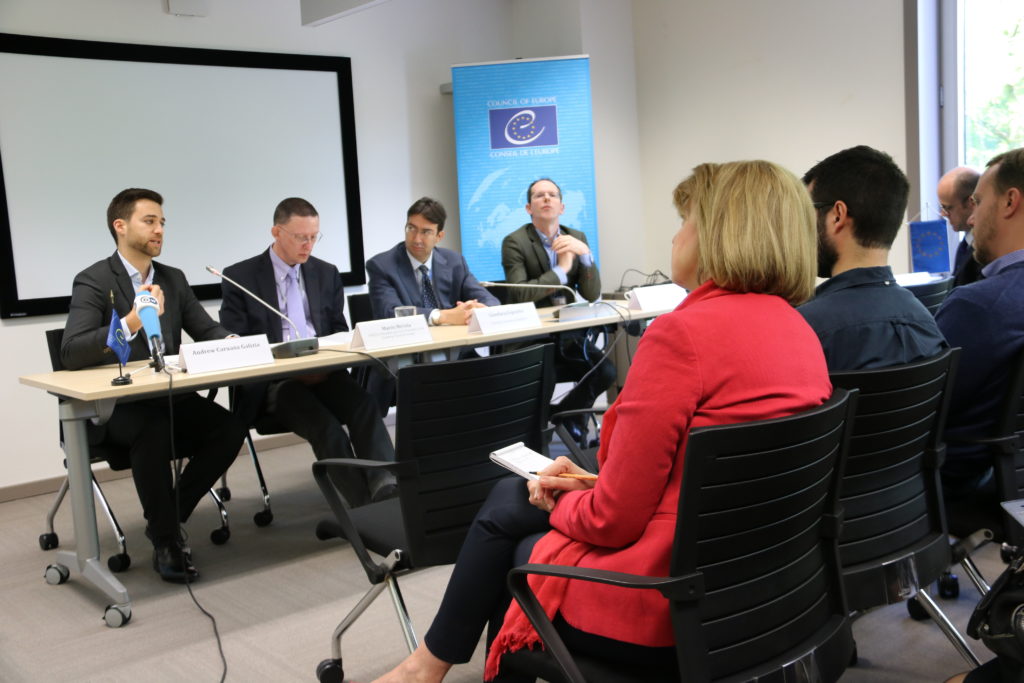04.05.2018 - 13:02
Spain has not fully implemented any of the eleven recommendations by the Council of Europe aimed at preventing corruption in politics and the judiciary since they were issued in 2013, thus standing as the only country along with Belgium that has completed none of the measures suggested.
“We are expecting Spain to implement them fully” said Marin Mrčela, president of the Group of States against Corruption (GRECO), the anti-corruption body of the Council of Europe. He stressed that political will is the most important thing to fight against corruption.
Mrčela urged the Spanish government to ensure that “there is no political influence in the selection, appointment, and recusal” of judges. “That is related to the high judicial council, where we want to see that the majority of judges, more than half of the members, elected by judges: not people from politics, or people who are not from politics but are appointed by the parliament or the executive” he said.
Dark year
GRECO’s 2017 report on ‘Anti-corruption trends, challenges and good practices in Europe & the United States of America’ paints a grim picture of democratic institutions in many Western countries. In the foreword, Mrčela refers to 2017 as a “dark year” for anti-corruption, which caused the erosion of people’s trust in public and private organizations.
“Judges have been dismissed or imprisoned and the independent and impartial work of many prosecutors has been undermined; election campaigns have been polluted by corruption allegations; and journalists covering corruption have been silenced, imprisoned or killed” reads his statement.



